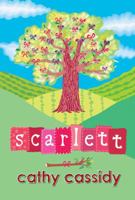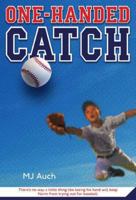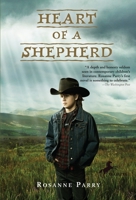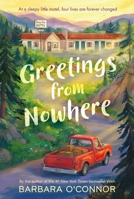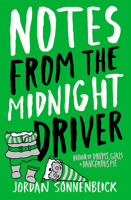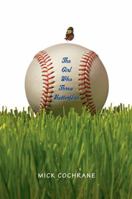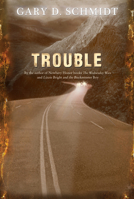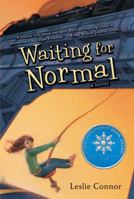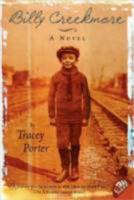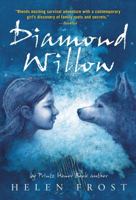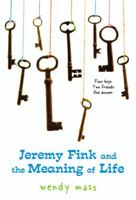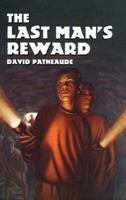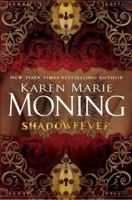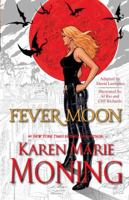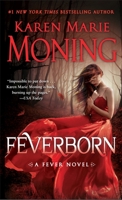You Might Also Enjoy
Book Overview
Customer Reviews
Rated 5 starsloved this book
My daughter had this on her list of summer reading. I read it first and loved it. I cried and I haven't been that touched by a book for a very long time. I am considering reading this book to my 3rd grade class this year.
1Report
Rated 5 starsWhat an inspiring story of love and hope!
Thank you, Audrey Shafer for pouring your heart into this beautiful story. The tale is one of mystery, regret, comfort, loss, sacrifice, and the joy of being. Dr. Shafer deftly inserts contemplative literary references to Of Mice and Men and The Call of the Wild. I loved your book and I believe it is true: A Book is a Friend.
1Report
Rated 5 starsGreat meaningful book for kids
A great book for ages 10 and up. I read this with my 12 year old daughter. It is a great story about a 6th grade boy who comes home one day to find his uncle/guardian dead. Before he can take any action the body disappears and mysterious notes are left in the mailbox. The characters are charming and issues of foster children and war veterans are covered. There are some fun scenes in the classroom that had us laughing. It was...
0Report
Rated 5 starsWonderful book for middle schoolers on up
I thoroughly enjoyed this book, it is a story that can be enjoyed on several levels, but is also a good read. The presentation of the issues faced by Vietnam vets was also well done, and would be a good way for a young person to get an appreciation for that difficult period in American history.
0Report
Rated 5 starsPlease Mr. Postman look and see
Any of you familiar with "booktalks"? This is a skill set cultivated and perfected almost entirely by teen and children's librarians. The idea is this: You walk into a classroom. The kids in that classroom are looking at you like you're some kind of freak and the last thing they want is for you to go bobbing about telling them how simply marvelous the library is. What you need is a little something up your sleeve. Something...
0Report















